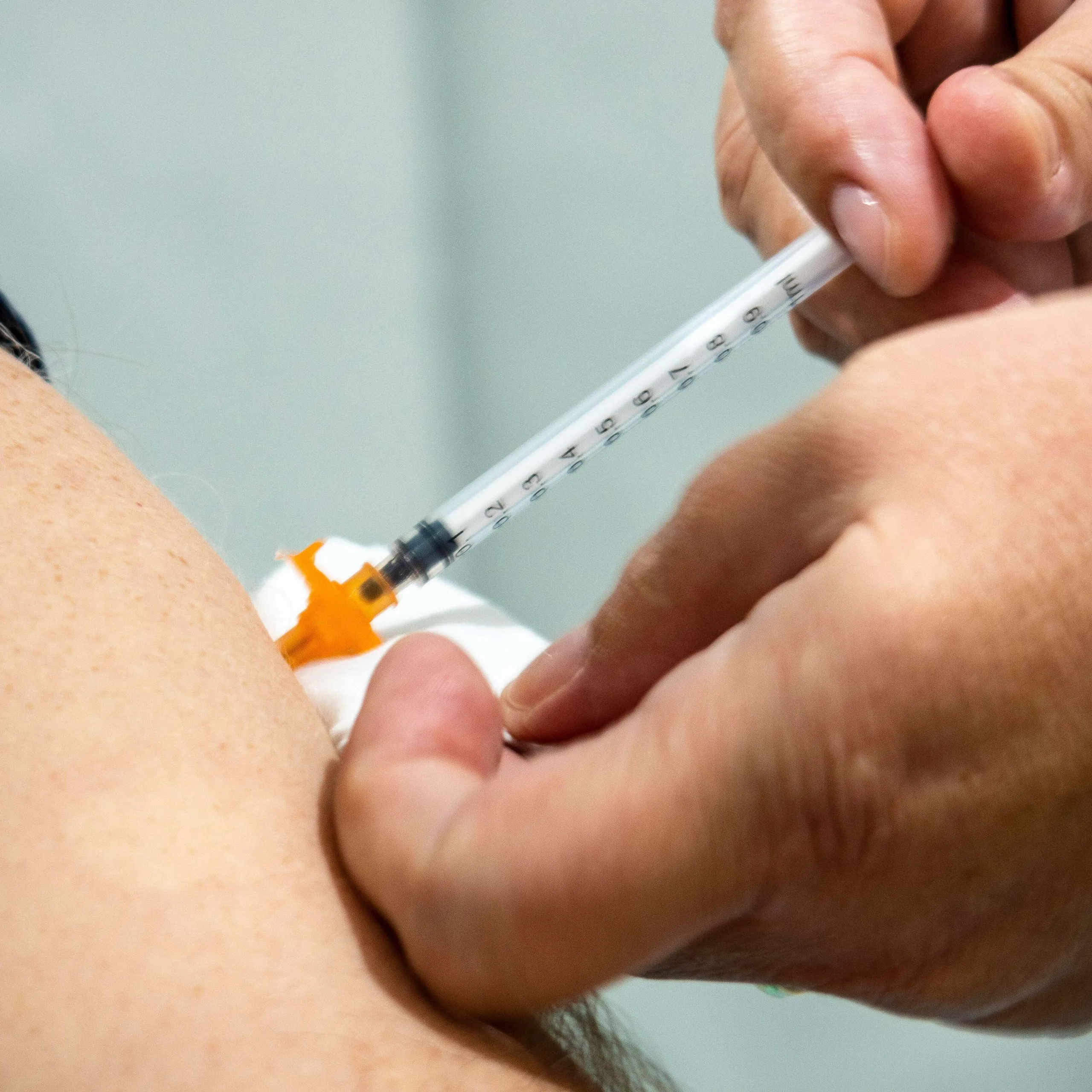Hopes Rise for Gonorrhea Vaccine Amidst Increasing Infection Rates
Global health officials are optimistic about the potential development of a vaccine for gonorrhea, a sexually transmitted infection (STI) that’s been exhibiting increasing resistance to antibiotics. The hope is that a successful vaccine program will significantly curb the rising rates of infection worldwide.
The Urgency of a Gonorrhea Vaccine
Gonorrhea, caused by the bacterium Neisseria gonorrhoeae, poses a significant public health challenge. The infection can lead to severe complications, particularly in women, including pelvic inflammatory disease (PID), ectopic pregnancy, and infertility. Furthermore, untreated gonorrhea increases the risk of contracting HIV.
Antibiotic Resistance: A Growing Concern
- One of the most pressing issues is the increasing antibiotic resistance of gonorrhea.
- Some strains have become resistant to multiple antibiotics, making treatment more difficult and costly.
- This resistance underscores the urgent need for alternative prevention strategies, such as a vaccine.
Potential Benefits of a Gonorrhea Vaccine
A gonorrhea vaccine could offer numerous benefits:
- Reduced incidence of gonorrhea infections
- Decreased complications associated with the infection
- Slower spread of antibiotic-resistant strains
- Lower healthcare costs related to treatment
Current Research and Development
Researchers worldwide are actively working on developing an effective gonorrhea vaccine. Different approaches are being explored, including:
- Identifying specific antigens (proteins) on the bacteria that can trigger an immune response.
- Developing novel vaccine delivery systems to enhance immunity.
- Conducting clinical trials to assess the safety and efficacy of vaccine candidates.
Challenges and Future Directions
Despite the promising progress, developing a gonorrhea vaccine faces challenges. The bacterium has various mechanisms to evade the immune system, making it difficult to create a vaccine that provides long-lasting protection.
Future research will focus on:
- Understanding the complex interactions between the bacteria and the human immune system.
- Developing vaccines that can overcome the bacteria’s immune evasion strategies.
- Ensuring equitable access to the vaccine once it becomes available.
Final Overview
The development of a gonorrhea vaccine holds immense promise for controlling the spread of this infection and reducing its associated health consequences. While challenges remain, ongoing research efforts offer hope for a future where gonorrhea is no longer a significant public health threat. Continued investment and collaboration will be crucial to bringing this vision to reality.




+ There are no comments
Add yours